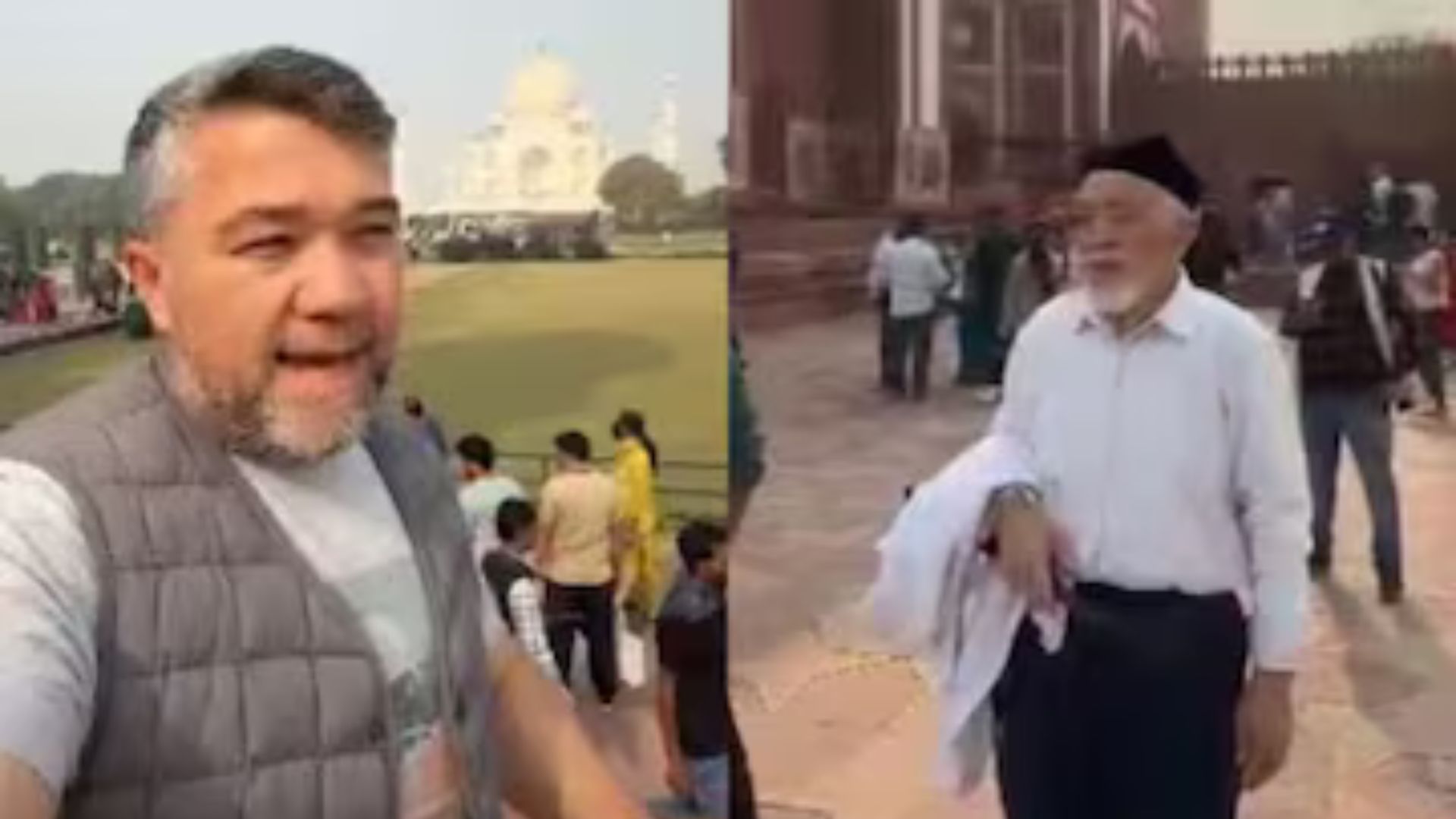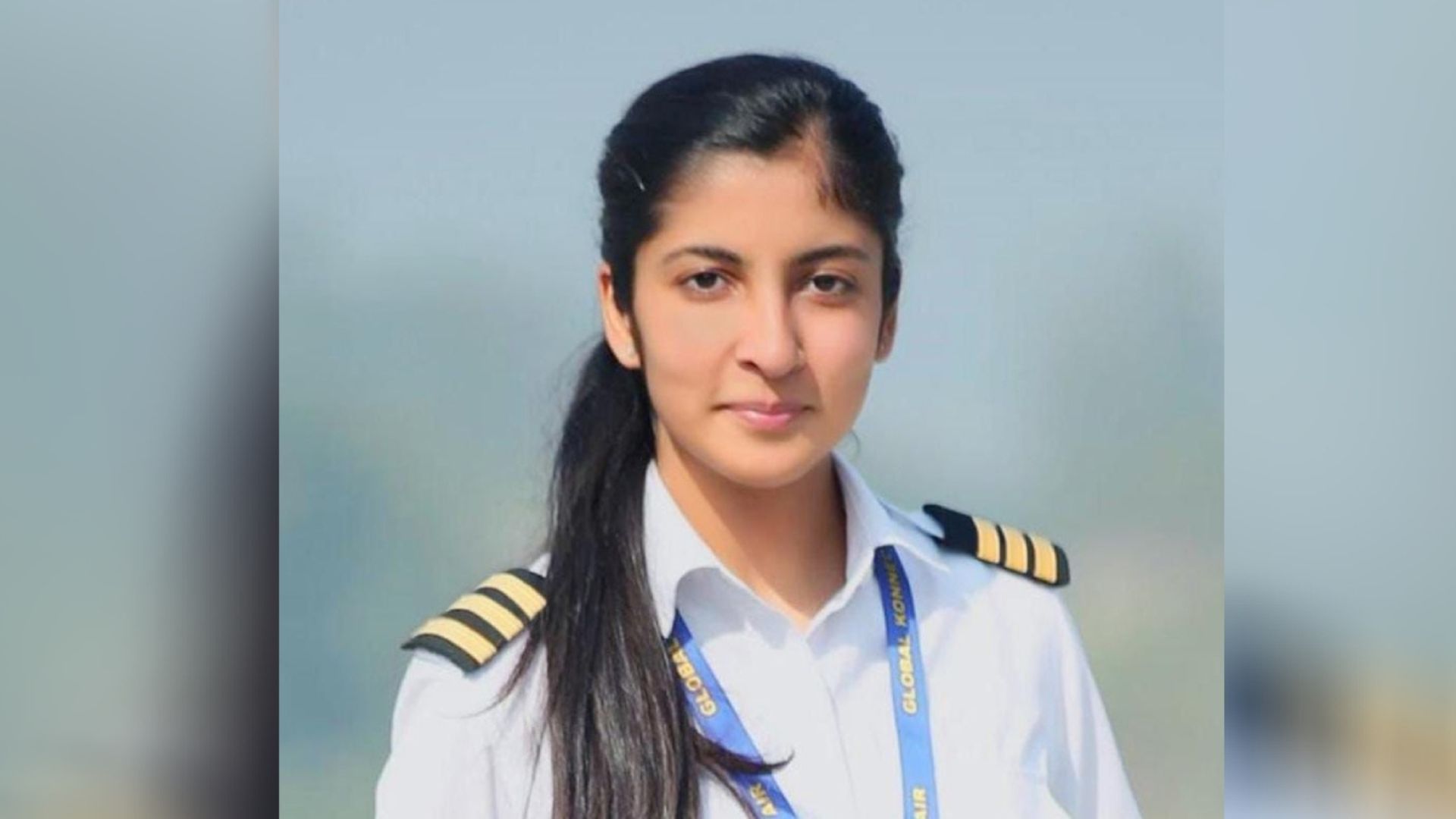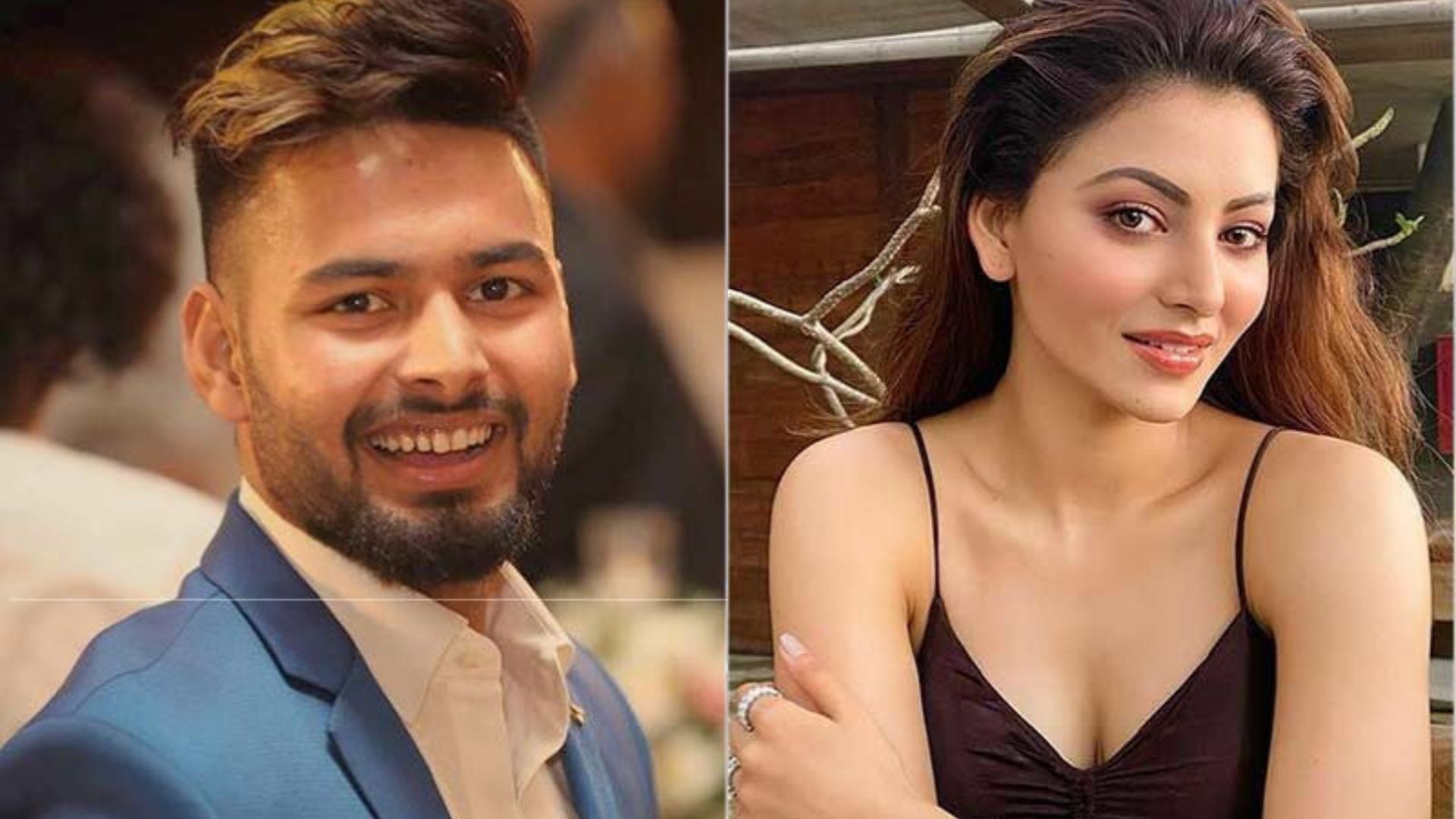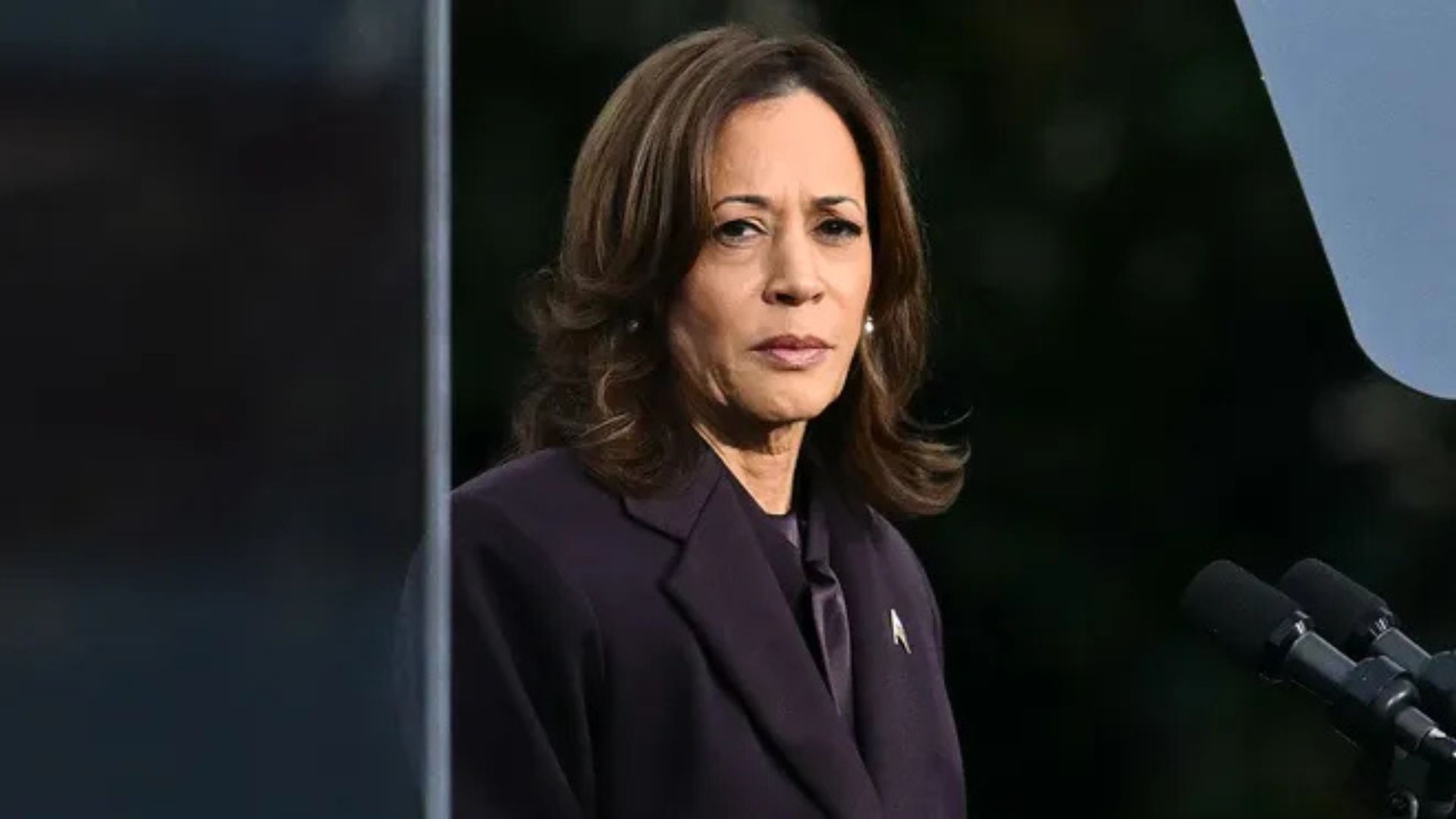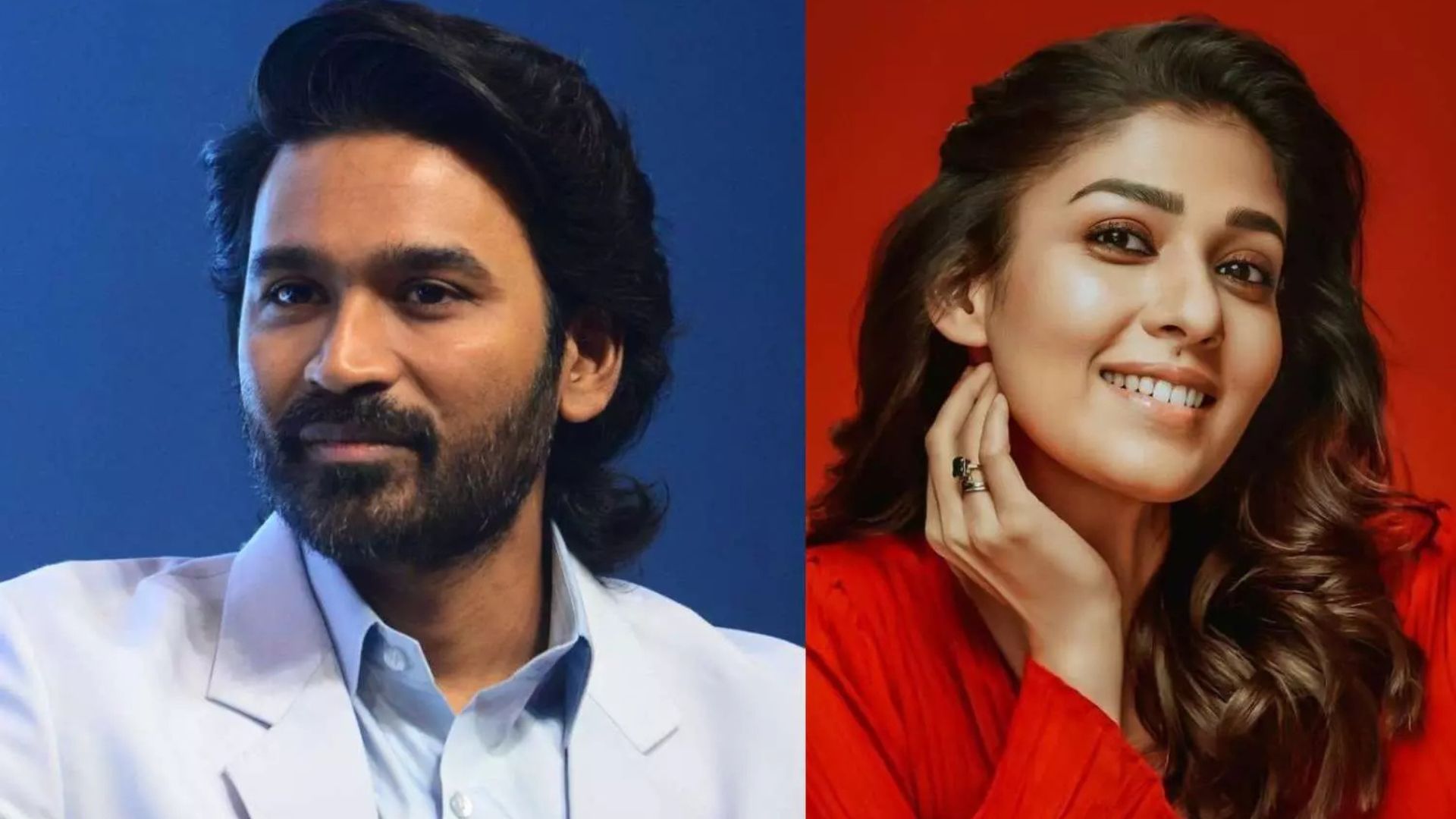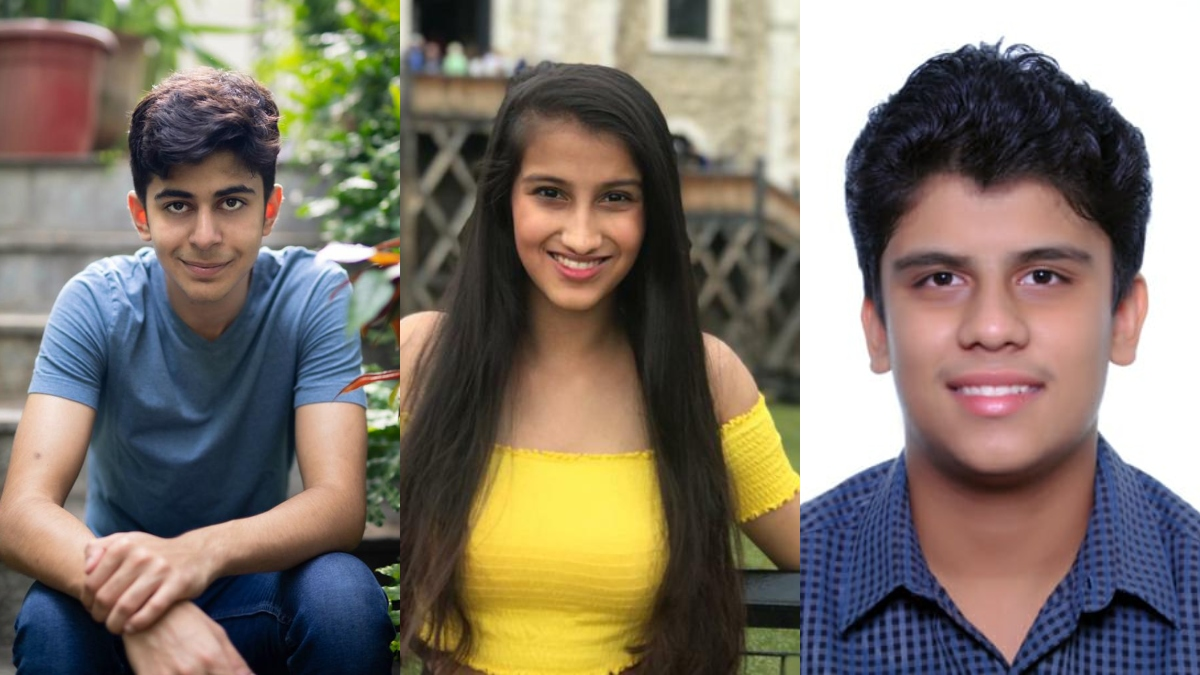
As India continues to fight against Covid-19, many young talents are coming ahead with new ideas, innovations and techniques to ramp up this battle.
Aryan Gulati
A 17-year old student from DPS RK Puram, Aryan Gulati has developed an app called ‘Lung AI’ which is a deep learning-based digital platform to detect and predict Covid-19, lung cancer and 16 other lungs-related problems like tuberculosis, pneumonia, etc. Talking about his achievement, Aryan says,” The aim was to make predominantly reliable, fast, low cost, user-friendly and contactless Covid-19 detection accessible to all which should be used for mass surveillance or individual uses.”
The web application requires an image of the affected patient’s lung’s CT scan or X-ray to be uploaded, it then tests this image against the Covid-19 detector and there is a probabilistic answer as to whether the user is positive or negative for the coronavirus. The result is immediate in 3-5 seconds.
A Covid-19 risk assessment system which records a brief history of the user’s medical conditions and current symptoms to give an added assessment in terms of the user being high, moderate or low at risk which further instructs him to lower the effects of the virus to a large extent as possible. Aryan says that in this application, users can not only diagnose their Covid-19 status but also detect if they have any other lung disorders in case, they test negative for Covid-19. For users who find themselves doubtful for any other lung-related disease, an automatic messaging system is incorporated to forward their cases along with findings of the Lung AI diagnosis to doctors listed on the website
This platform is a culmination of 6 different machine learningbased detection models that work collectively as a unit for Covid-19 and other lung diseases. Simplistically, the application depends upon machine learning, neural networks deployed, data available and methodology of training the models and available data. Aryan says, “My broad model training philosophy was to utilise maximum data for training and a lesser percentage for testing. Distribution of data was done randomly to ensure the best objective and unbiased prediction which results in higher accuracy”. In all such models, with more and more data available the model can be continuously changed and refined to increase output accuracy.”
Jaiveer Misra
Born in a musical family, changemaker and musician Jaiveer Misra is a musician himself. The young prodigy to give a tribute to the health workers battling the deadly virus and serving millions on the frontline, has composed a song ‘glorious’ which is being widely appreciated. “It’s a tribute to the courage of health care workers across the world and those who are working in the area of mental health”, he says.
Jaiveer has also started an initiative, “Simply Music” were popular song covers are performed and are digitally delivered to students across schools through the enrichment program. Talking about his journey, the young musician says, “My journey started when I started playing with my grandmother’s piano at the age of 4. I feel like I’m able to express my true feelings to any composition that I write or the song that I choose to cover”.
Jaiveer produces hip-hop and R&B music mostly. He is into other genres as well. “I tried to make music based on experiences of my own, like my personal experiences. But I tried to generalise my lyrics a little bit so that listeners can still feel the emotions that I’m trying to convey while relating them to similar experiences that they have had”, he adds. Most of Jaiveer’s inspiration comes from great artists of jazz and blues and some modern artists like Bryson Tiller and Summer Walker. At such a young age, his work has been submitted for Commonwealth society competition in the UK. He has also written a song called ‘I dream which aims to build environmental awareness and respect for the planet. “A balance between mankind and nature is essential for our future well-being. So, this song highlights the issues and the opening line of the song goes, I dream of a future where the earth’s at peace and this encompasses the main thought behind the song”, says Jaiveer.
Samara Mohan
Samara Mohan recognises herself as a social justice activist who is trying to bring about a change in her local community and society. Currently studying math and social justice courses with Harvard Summer School programme, she is trying to bring more kindness in community and society as a by having conversations over sensitive issues that people do not generally want to discuss. She talks to her schoolmates about contemporary politics, writes about lack of mental health awareness, the stigma surrounding feminism and equality for all through her poems and articles.
Explaining the role of social media to build conversations, she believes that social media can either be used to bring their self-up or bring someone else down. “There’s always a chance like getting into trouble, doing wrong things but social media can also be a really powerful tool to spread awareness and use it as a way to spread your activism”, she says. Samara believes that mental health is one of the most important topics that need to be addressed and discussed more often. “We all have mental issues sometimes in our life be it depression, just feeling sad. One in four people have a diagnosable mental health issue and we hide it so much but we shouldn’t”, she adds.
